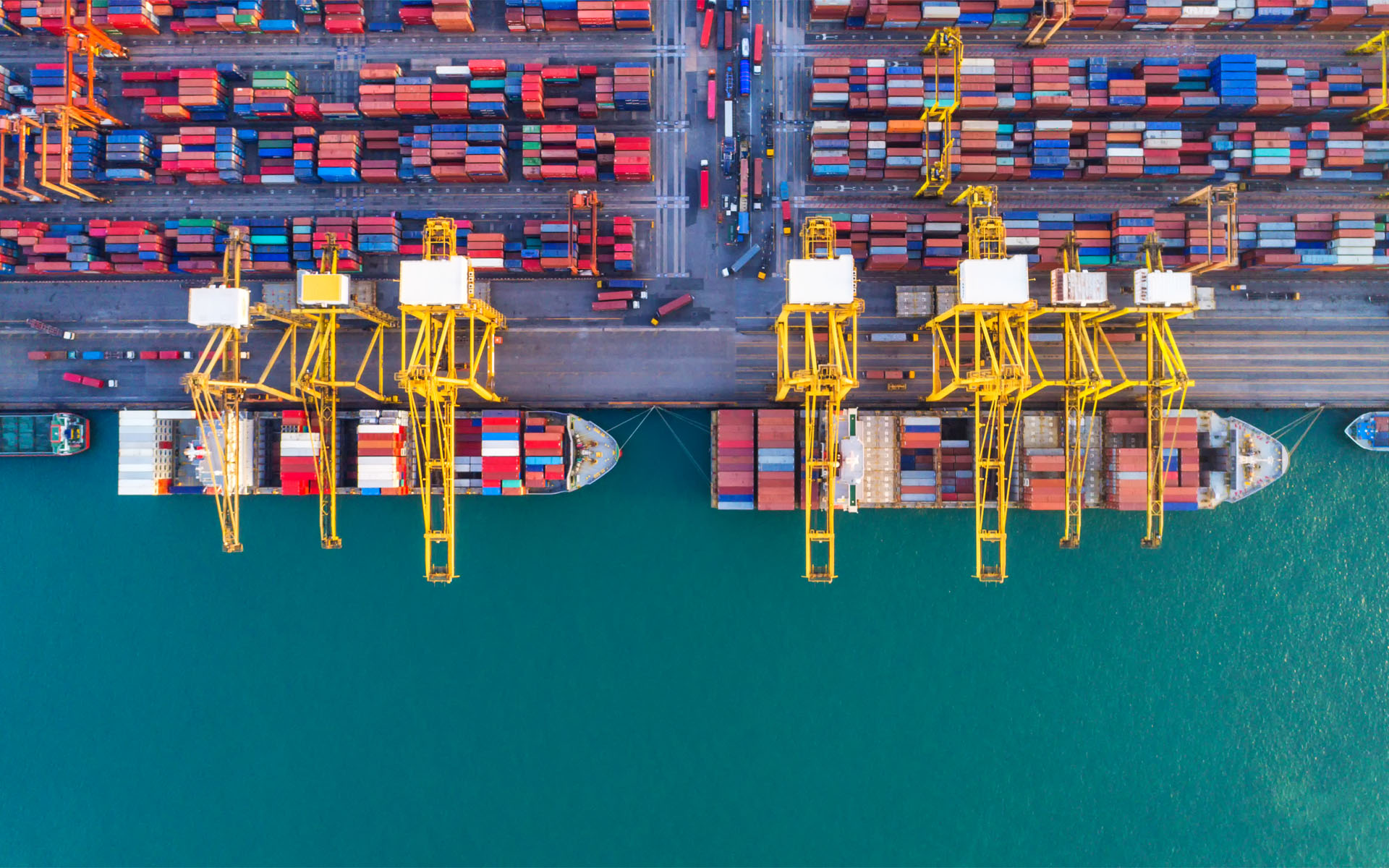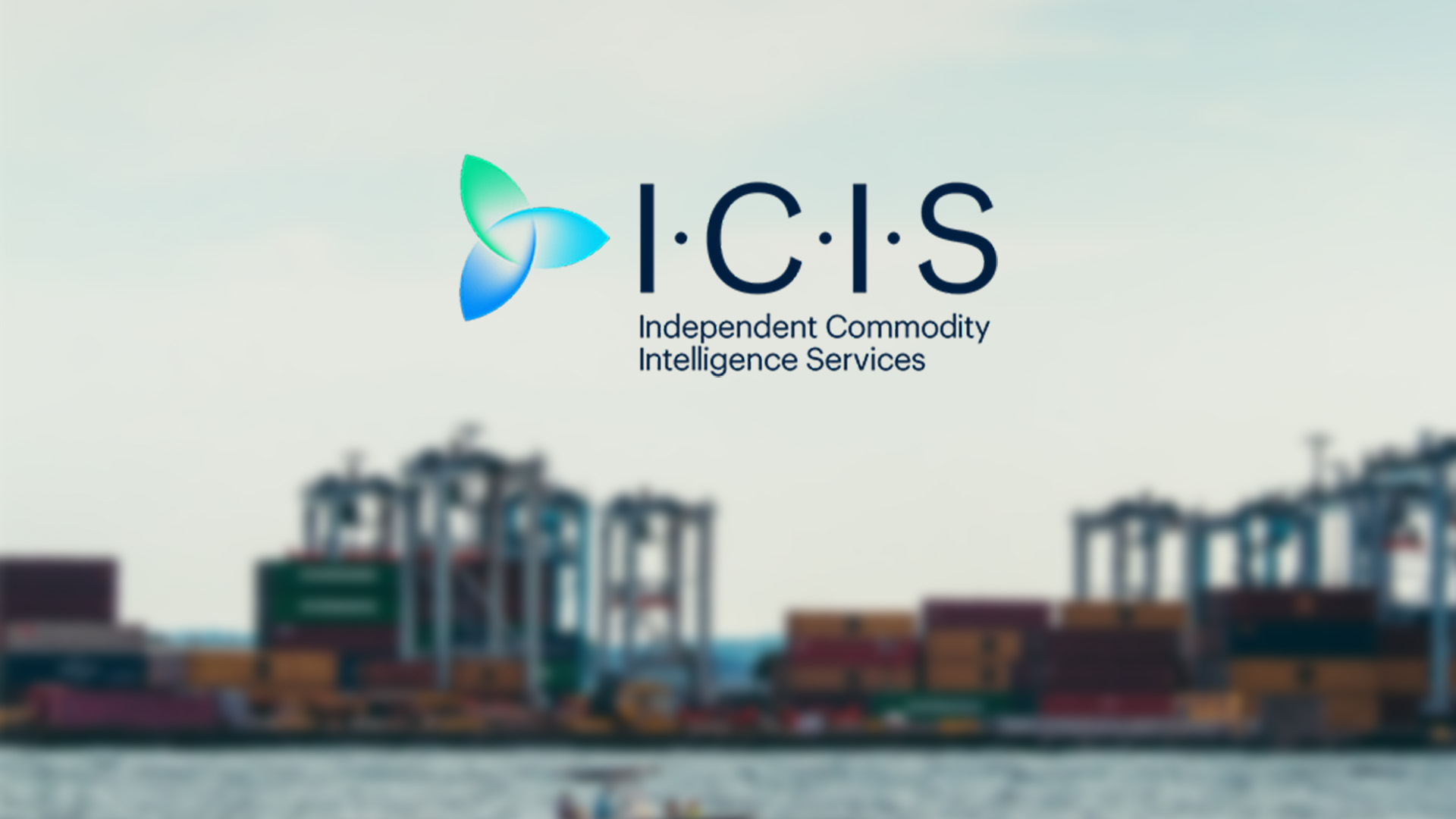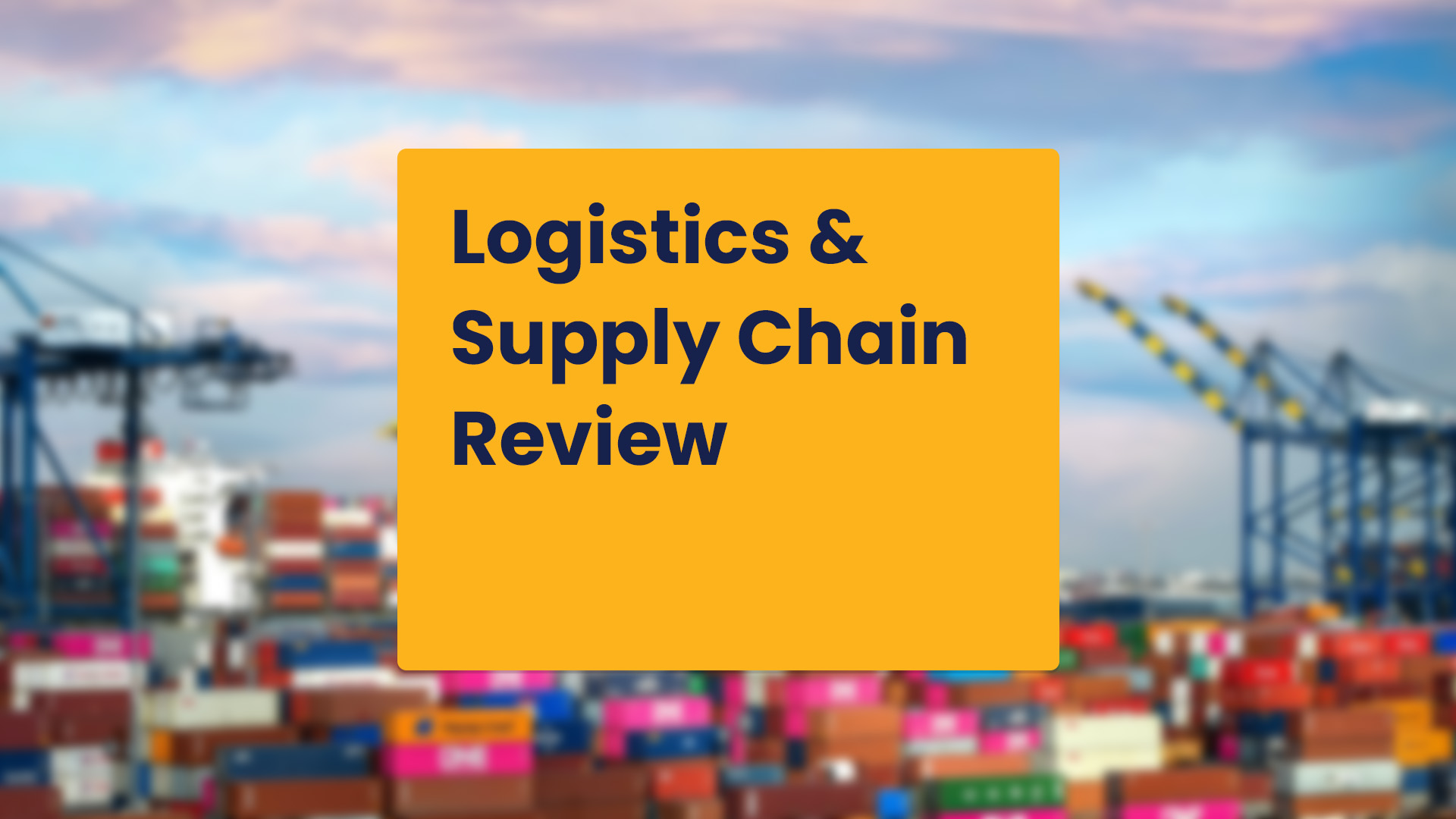Finding the Right Carrier to Handle Your Chemical and Gas Supply Chain
Finding the right freight forwarder for your chemical and gas supply chain needs goes beyond a simple transactional relationship – it’s crucial to find a partner that can provide the level of attention your company needs. In this economy, cheap rates and low logistics costs can be tempting, but there are additional values that should be weighed more heavily, especially for businesses in niche industries. So, while there are thousands of carriers to choose from, for companies operating within the chemical, gas, and semiconductor industry, we recommend exploring five key factors: industry knowledge and expertise, customer service, reliability, compliance, and how well a company knows your relationship network. In a world that is dependent on supply chain optimization, finding the right partner is critical to keeping your supply running smoothly.

What is a Freight Forwarder?
A freight forwarder is a company that specializes in scheduling and moving cargo between shipping customers and transportation services. They tend to represent intermediaries and often provide a variety of supply chain services like ocean/air freight transportation, inland transportation, documentation preparation, warehousing and storage services, consolidation as well as customs compliance.
5 Key Factors in Choosing a Freight Forwarder
1. Industry Knowledge and Expertise
Every industry tends to operate based on a specific set of rules and regulations depending on the type of material being transported. As you research freight forwarding partners, make sure you are evaluating their experience within your industry. For example, when working within the hazmat and dangerous goods arena, it requires a specific knowledge base to manage these highly volatile products.
Geographical expertise provides further insight based on the freight forwarders’ locations. Each country has its own regulations that must be followed, which adds an additional layer of complexity to transportation. Not having a firm grasp of the situational regulations could result in disaster. This ability often stems from whether a carrier’s staff is professionally trained in the US Department of State and Department of Commerce documentation, recordkeeping, reporting, and licensing requirements. Ask how a company trains their staff to ensure their teams can seamlessly execute your freight forwarding needs. Create an outline of requirements to guide your discussions as you interview prospective companies.
2. Customer Service
There is a premium on customer service when it comes to choosing a freight forwarding partner. In a world where something seems to go wrong daily, it’s crucial you find a company with a culture of problem solving and will provide the same level of urgency you have regarding your freight. Often, smaller, niche freight forwarding partners provide customers with a higher level of attention and will go beyond the norm to find creative solutions to issues. To best understand a company’s level of expertise, ask the carrier how long they have been in business and the tenure of their staff.
Proper communication is also vital to great customer service. Discuss how the company manages their lines of communication- like regular conference calls with a team dedicated to your account. With continual supply chain disruptions, especially since Covid, the need to immediately respond to customers will be crucial for securing alternative arrangements and mitigating delays.
3. Reliability
At the end of the day, you need to trust that the freight forwarder you hire can get the job done. Especially for goods that require special handling, like temperature control, it’s imperative that your products are not only picked up and delivered on time, but they maintain their pristine condition. Fulfillment is a top priority, and you need to know you can rely on your carrier to get the job done right.
For Rinchem, we know our customers in the semiconductor industry have tight production lines that are managed with fine detail and there’s huge pressure to keep consistency in their supply chains. In turn, knowing that your freight will be picked up and delivered on time is crucial to keeping operations running as scheduled. Ask your prospective carrier about their people, resources, buying power, and experience to see how all these elements work in tandem to ensure that you reliably get your products from point A to B safely.
4. Compliance
The last thing anyone wants is to have your goods stuck somewhere because a freight forwarder didn’t accurately understand regulations - especially when it comes to handling hazmat and dangerous goods. Regulatory changes have made it difficult to record and maintain trade-related data as a compliance requirement. Often, compliance issues arise from a lack of awareness and training on requirements. Be sure the freight forwarder can meet your company’s standard operating procedures criteria. Ask the freight forwarder about their training protocols and how they handle industry compliance standards. Forwarders should always know and safely follow laws and regulations regarding imports and exports.
5. Understanding your Relationship Network
In a niche industry, having a deep level of understanding of your customers’ networks can be a difference maker. Many freight forwarders shy away from the chemical and gas industry because operating these complex supply chains requires a deep knowledge and understanding of how to stay in compliance safely and legally. Within the semiconductor industry, freight forwarders tend to work with the customers’ supplier network. Rinchem, for example, is much more engrained in our customers’ supply chains than a typical freight forwarder and we work with many of our manufacturer’s suppliers.
Beyond the customer/carrier relationship, forwarders work with several other entities to execute various points within the forwarding process. As you interview carriers, inquire about their existing relationships and how they leverage these connections to negotiate better prices for cargo moves and how they find the most efficient routes through the bidding/contract process. Having a presence in all the right areas and being connected to the right people can go a long way.
In the end, the goal is to find a carrier that provides the best balance of cost, speed, and reliability to ensure your supply chain runs smoothly. For companies looking to hire a carrier for a niche industry, especially to handle volatile goods like hazardous or dangerous goods, it’s crucial to select a company you can trust will get the job done right. To help paint the best picture about a potential freight forwarder’s capacity to handle your supply chain, we recommend exploring five key factors: industry knowledge and expertise, customer service, reliability, compliance and how well a company knows your relationship network. In today’s world, finding a carrier you can rely on can make all the difference for your supply chain.
Get more articles like this in your inbox
Sign up for our monthly newsletter
Find more articles


